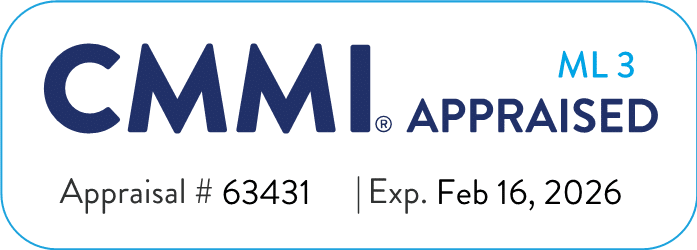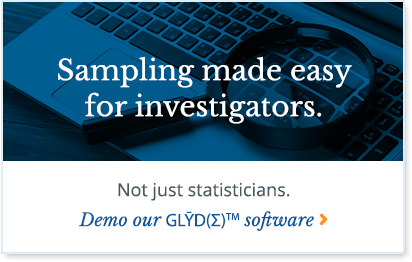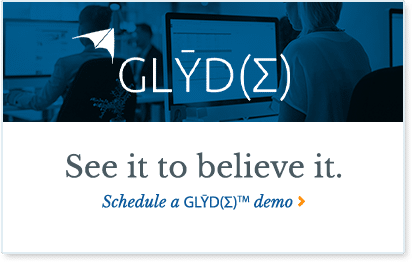Federally Qualified Health Centers (FQHCs) provide primary care services to millions of people each year with limited access to care. Medicare Part B has covered FQHC services at certified FQHCs since 1991. They are an important and very unique part of the Medicare and Medicaid benefits with specific billing and payment rules that can get fairly complicated. If you have not worked with FQHC data before, the learning curve can be steep. If you are new to working with FQHCs or just curious about the benefit, here five things to know about FQHCs:
- There is a wide variety of FQHCs. FQHCs can be found in many forms and settings. They can be in rural or urban areas designated as a shortage area or in an area that has a medically underserved population. FQHCs include community health centers, public housing primary care centers, migrant health centers, health centers for the homeless, or facilities operated by a tribal organization. All of these types of FQHCs are subject to the same billing and payment rules under Medicare.
- FQHCs are required to meet specific certification requirements. FQHCs must provide comprehensive services, have an ongoing quality assurance program, and meet certain health and safety requirements. Additionally, FQHCs must serve a medically underserved area or population and offer a sliding fee scale to patients with incomes below 200 percent of the poverty level. One of the most unique FQHC certification requirements calls for them to be governed by a board of directors, the majority of whom must be patients at the FQHC.
- FQHCs provide a defined set of services. FQHC services primarily include those typically furnished in an outpatient clinic. The Centers for Medicare & Medicaid Services (CMS) defines FQHC services as certain preventive services, services provided by, or incident to, a physician, Nurse Practitioner, Physician’s Assistant, certified nurse midwife, clinical psychologist, or social worker. FQHCs may also provide outpatient diabetes self-management training and medical nutritional therapy for beneficiaries with diabetes or renal disease. Although FQHCs may provide additional services, Medicare does not reimburse them for these services.
Learn about our FQHC data analysis services
- FQHCs bill for visits using payment codes and procedure codes. If you are looking at FQHC claims data, it will not take long to notice G-codes mixed in with familiar procedure codes. FQHCs bill using payment codes in the range G0466-G0470. Each payment code covers a bundle of services and the codes vary based on whether the patient is new or established and whether the visit involves mental health services or other services. This bundle of services represents an FQHC visit. FQHCs must also bill a procedure code to indicate services provided as part of a qualifying visit, but CMS does not reimburse them for these procedure codes. All of the services rendered on the same day must be submitted on one claim.
- FQHCs have their own payment system under Medicare. The Affordable Care Act established a prospective payment system (PPS) for FQHCs. The FQHC PPS consists of a national base rate for encounters that is updated annually and adjusted according to geographic location, whether a patient is new, and the type of visit. However, FQHCs are not necessarily paid based on the PPS rate. CMS pays FQHCs 80 percent of the lesser of their charges between the adjusted PPS rate and the submitted payment codes. Beneficiary coinsurance will generally be 20 percent of this payment.
Learn How IntegrityM Can Assist With FQHC Claims Data Analysis
High quality analytics can only result from a deep understanding of the requirements and data. IntegrityM has a team of highly skilled regulatory and data analysts that can help you make sense of requirements and claims data for a variety of Medicare and Medicaid provider types, including FQHCs. For additional information on how we can assist your organization, contact us online or call (703) 535-1400.











